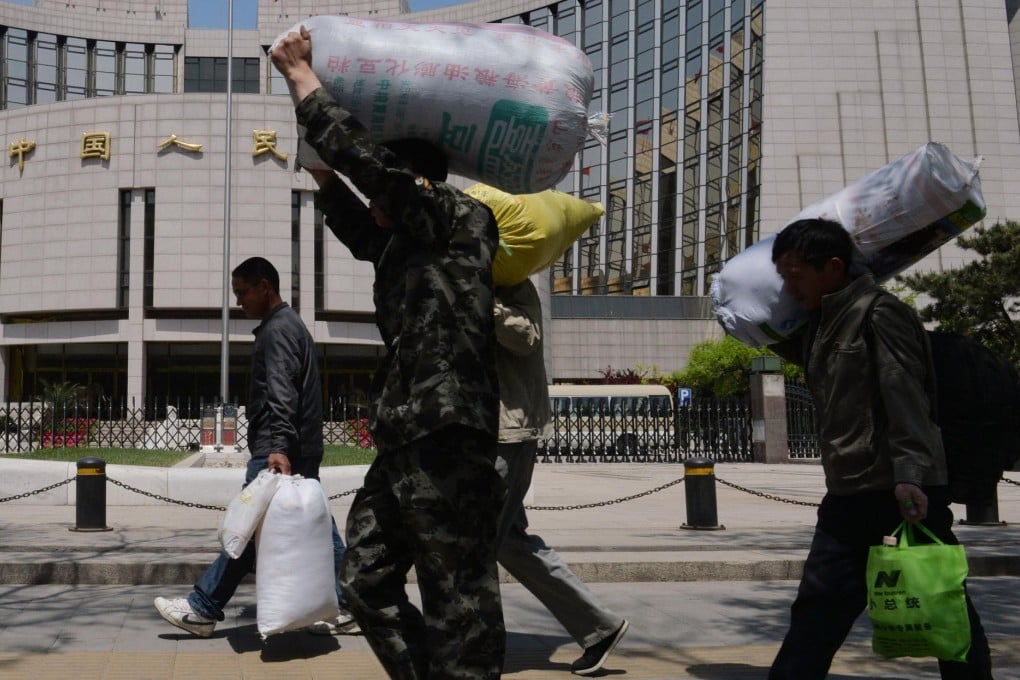Floating population place hopes in hukou reform
People bemoan the restrictions of the residency system but change hinges on resources of cities

After living in Beijing for 15 years, Jenny Sun, a 33-year-old arts teacher, was finally able to obtain a that made the capital her legal home.

Sun moved away from the small city in which she was born in Hunan province, and moved to the capital to pursue a degree. But Sun's attempts to climb up the ranks of the middle class have been made more difficult by the system.
refers to permanent residency status, and an urban often affords its bearers a slew of benefits. For instance, in an effort to control property prices, the Beijing municipal government has set a rule that allows only permanent residents to buy a second home. To buy a first home, those without a need to show tax documents going back five years and proof of social security payments.
Similar restrictions apply in other areas of life, including qualification for low-income housing, buying cars, schooling and pensions. Local media say more than 80 welfare services in Beijing are contingent on permanent residency, with potential benefits worth more than 500,000 yuan. Sun's plight provides a glimpse of the challenges facing the mainland's 118 million floating people.
As economic growth slows, social inequality and high living costs have become more conspicuous, fuelling expectations that the Communist Party will unveil reforms to address these sources of public dissatisfaction at the third plenum taking place in Beijing.
Hu Xingdou, a professor who studies socio-economic issues at the Beijing Institute of Technology, said the government needed to reform the system and social security, and introduce better regulation of the property sector.
